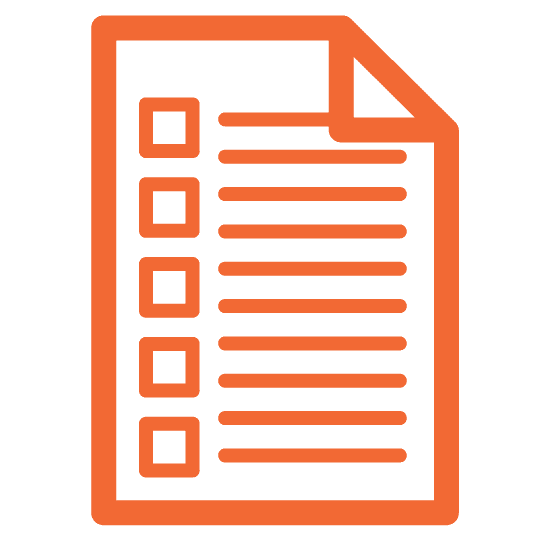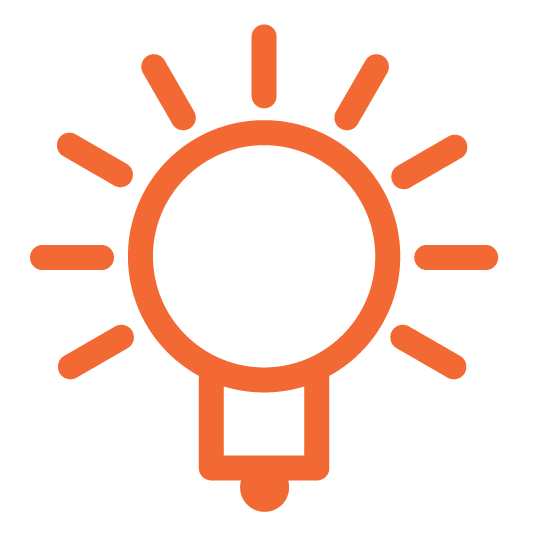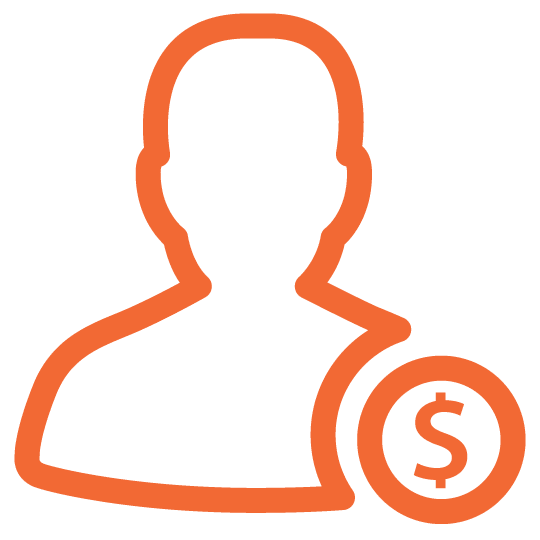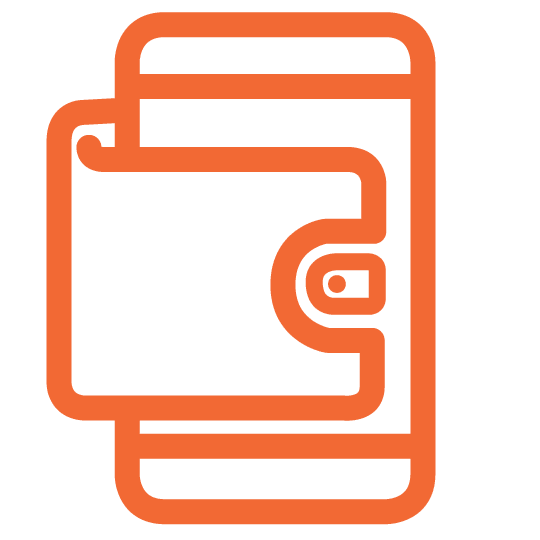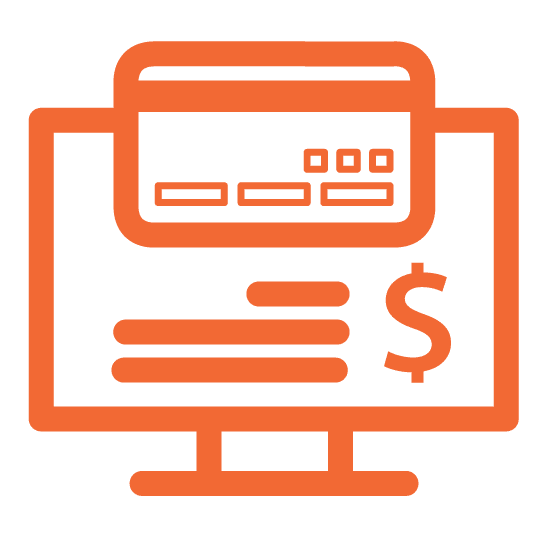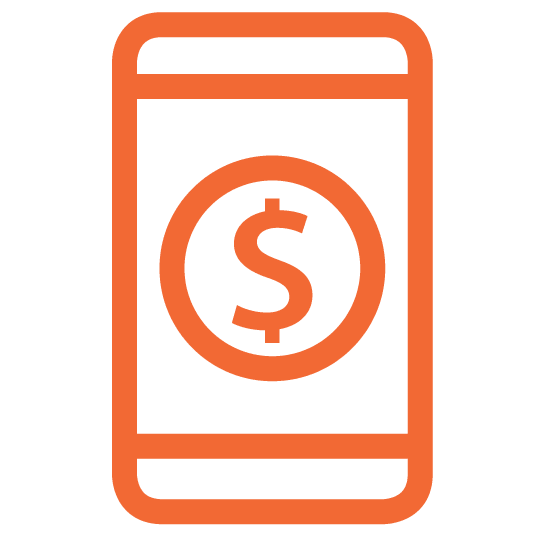8 FINANCIAL TIPS FOR NEW COLLEGE GRADUATES
SMART DECISIONS IN YOUR CAREER AS A YOUNG ADULT CAN HAVE A PROFOUND IMPACT ON YOUR FINANCIAL WELL-BEING AS YOU GROW OLDER
As college students across the nation graduate and start their careers, financial responsibility should be a top priority. Smart decisions made early in your career as a young adult can have a profound impact on your financial well-being as you grow older. The financial lifestyle and habits established now will set a solid foundation for your financial future.
NORTH SHORE TRUST AND SAVINGS OFFERS THE FOLLOWING TIPS TO RECENT GRADUATES:

CONTROL YOUR MONEY, OR IT WILL CONTROL YOU
If you took a business class, you learned the importance of properly tracking and managing a business’s income and expenses in order to remain solvent. Budgeting is no less important when it comes to your personal finances.

KNOW HOW MUCH YOU HAVE
If you have decided to move back home with your parents, it won’t be long until you hear them telling you to “get a job!” If you have decided not to move back home, you realize the need to have money coming in to pay your bills. Either way, you are most likely going to be starting your first ‘real job.’ The first step to budgeting is understanding your income. It is important to understand how much money you earn each pay period (gross) and how much your paychecks will actually be (net). A $30,000 salary may seem like a lot when you are used to working part-time for $15 per hour, when the reality is your take-home pay will add up to much less than your annual salary. (BTW, $30k per year is only $14.42 per hour) Be sure to account for Federal and State income taxes, along with FICA, health insurance, and 401(k) contributions so you know how much money you have to spend each period.

KNOW HOW MUCH YOU CAN SPEND
The second step to creating a budget is knowing your expenses. People who track their expenses are more likely to live within their means. Simply put, they are less likely to spend more than they make. Start by listing your recurring monthly expenses, such as rent, car payment and insurance, student loan payment(s), cell phone bill, Netflix, etc. Make sure you don’t leave out necessities such as groceries and gasoline. Ideally your income will cover your expenses and leave you with enough money to go out with friends. If it does not, review your list of expenses for items that can be cut out or reduced. If you are unable to winnow down your expenses to an amount less than your take-home pay, consider getting a part-time job so that your income will cover the amount you have to spend each period.

THE DOG ATE MY HOMEWORK
You may no longer have papers due, but you must pay your bills on-time each month, and the companies you owe money to are less likely to listen to your excuses than your professors. Missed or late payments can have a negative impact on your credit score, which will filter through to nearly every aspect of your life. Credit scores are not only used when applying for a loan, but are also often used in determining insurance premiums and by employers you may hope to work for. Therefore, missing a payment not only hurts your wallet now by racking up late fees; it will continue to hurt you financially in the form of higher insurance premiums, higher interest rates on loans and fewer employment opportunities.

FAILING TO PLAN IS LIKE PLANNING TO FAIL
Open or add to a savings account that serves as an “emergency fund.” Start putting some money away immediately, no matter how small the amount, and add to it whenever you have extra cash. Financial planners say your emergency fund should ideally hold between three and six months of living expenses. This amount will provide enough funds in case of sudden financial hardships like losing your job or having to replace your car. Let’s be honest though, the Federal Reserve found that 47% of Americans couldn’t afford a $400 unexpected expense without borrowing the money or pawning something of value. That means that saving three-to-six months of living expenses is an unimaginable, and therefore unattainable, sum of money! Start with a goal of $500, then work toward $1,000. This should cover most emergencies and limit the need to use credit cards.

DON’T SPEND TOMORROW’S MONEY TODAY
Credit cards can be useful tools when used properly, but can also be very detrimental to your financial well being when abused. Always remember, just because you can make a purchase, doesn’t mean you should. Before you buy something on credit, have a plan to pay it back. Ideally you should pay off your balance every month to avoid interest charges. However, doing so is not always feasible, so make a realistic plan as to when the balance will be paid in full, and make monthly payments accordingly. Avoid looking at the cost of your purchases in terms of the minimum monthly payment or you could find yourself in a financial hole that will take a long time to climb out of. Understanding the responsibilities and benefits of credit can provide you with an emergency cushion while you build up your savings and help establish a solid credit history.

YOU CAN SIT IN THE SHADE TODAY, BECAUSE SOMEONE PLANTED A TREE A LONG TIME AGO
It may seem odd to think about retirement when you are just beginning your career, but now is the best time to plant the seeds of your retirement account so they can grow over time. With the advantages of time and compound interest, you can amass a larger sum with smaller contributions than someone who starts saving later in life with much larger contributions. Putting money aside for retirement is easily done through your employer’s 401(k) or similar account. Experts suggest your goal should be to contribute 10% of your annual pay, which can remain the same as a percentage, but increase in total dollars over time as your salary increases. In many cases, your employer will match a portion of your contribution. If 10% is not possible, be sure to invest enough to qualify for your company’s full match – it’s free money.

YOU DON’T KNOW WHAT YOU DON’T KNOW
You are used to doing research and solving problems on your own. Now that you have graduated, you may think you can simply hop online to find the answers to all your questions. Be sure you know the difference between Fact, Opinion, and Marketing. Particularly when it comes to financial advice, much of what you find will be the latter designed to drive business towards an app or website. It is easy to be seduced by the conveniences of modern technology. There is an app for almost everything and websites are open 24/7/365. Just remember that nothing beats the advice of a trusted advisor who speaks with you face-to-face. Your local bank has many employees who are willing to help you secure your financial future. Whether that is opening your emergency savings account, setting up an overdraft line of credit, or better understanding the money management and budgeting tools built into their online banking, your community banker is always there to help. Your community banker will gladly explain the difference between a Traditional (pre-tax) and ROTH (after-tax) retirement account while you open your emergency savings, so you can make a better informed choice when setting up your 401(k) at your employer. Your local loan officer can explain different loan programs available to you and help decide which is best for you, not simply the only one available through an app. Please don’t hesitate to contact us with questions — we are here to help!
